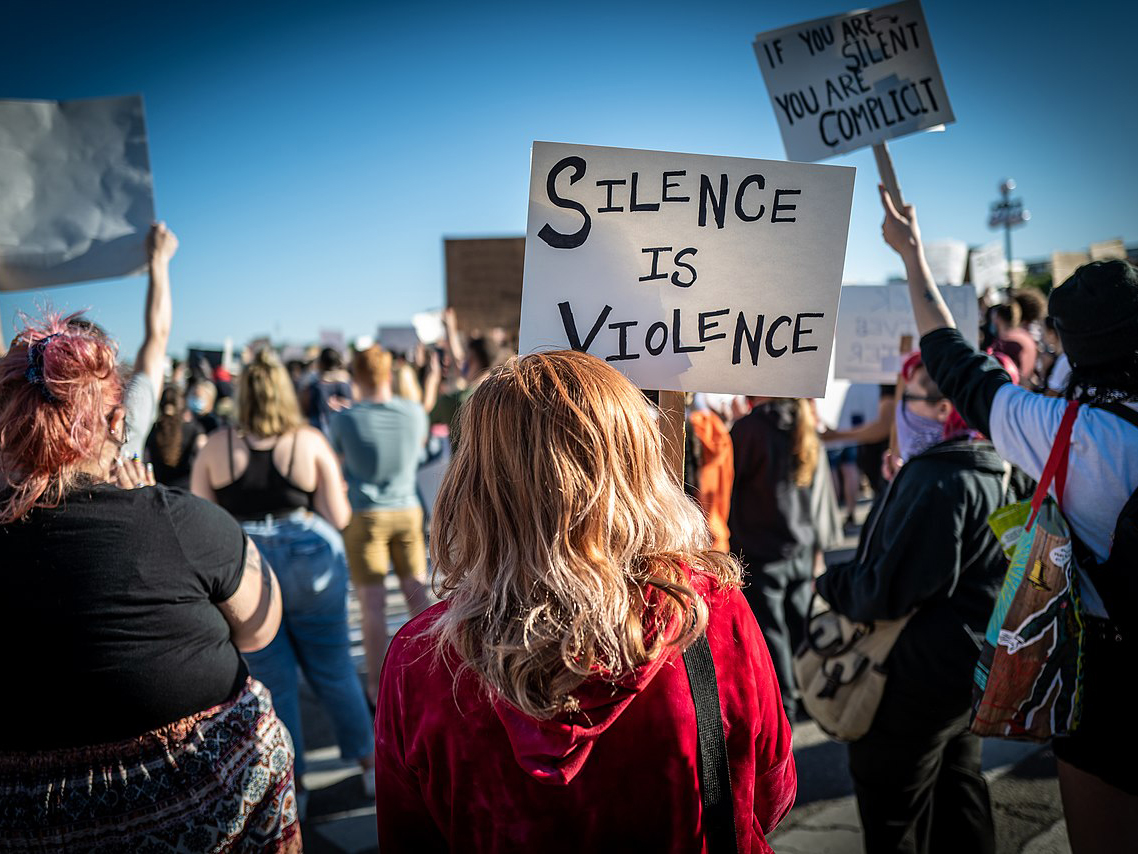
Neal Boortz, former attorney and popular radio host famously said, “Free speech is meant to protect unpopular speech. Popular speech, by definition, needs no protection.” In the rest of the western world, speech is not protected. In Canada, comedian Mike Ward was fined $42,000 by the Human Rights Tribunal for telling a joke about young disabled singer, Jeremy Gabriel. In Scotland, stand up comedian and YouTuber Mark Meechan was brought to court and fined $800 by the British government for making a video of his pug doing a Nazi salute. Whether or not one sees the humor in this, by an American standard it is clearly ridiculous that any government would infringe upon a comedian’s free speech rights.
America has a long history of defending even the worst kinds of speech in our society. The American Civil Liberties Union (ACLU), which fights for the rights of immigrants, LGBTQ, reparations and reproductive rights, also fights to defend the greatest constitution ever written in the history of mankind, for it provides more civil liberties and freedoms for its people then any constitution ever has.
The ACLU defended the Nationalist Socialist Party of America’s (NSPA) right to march in 1977 in Skokie, Illinois. The Village of Skokie passed three city ordinances which would prevent any future political demonstration like this from ever happening. People could not wear military-style uniforms during demonstrations, the distribution of hate speech literature was prohibited and there was a required $350,000 insurance bond to hold a demonstration. The case was taken to the Supreme Court in National Socialist Party of America v. Village of Skokie in which the ACLU’s lawyers argued before the court that to prevent the NSPA from marching was a violation of the First Amendment.
The requirement of a $350,000 insurance bond is similar to today’s battle on college campuses over exorbitant security costs on student clubs that want to bring incendiary speakers to campus. These student clubs, aided by groups similar to the ACLU like the FIRE Legal Network which focuses specifically on defending the First Amendment on college campuses, have argued that these security costs prevent clubs from bringing speakers to campus — a clear violation of the “right of the people peaceably to assemble.”
Nevertheless, there are limits to the people’s right to free speech. In the 1969 Brandenburg v. Ohio decision the Supreme Court wrote, “Speech aimed at sparking lawless action — such as inciting a riot, true threats or words that incite violence.” The problem with this is that those seeking to limit college campus free speech have used this case to justify shutting down speakers.
It should be obvious to anyone that the ruling applies to what the speaker says, not how people are offended by it. For example, if an incendiary speaker like Richard Dawkins, who has been denied a platform before by universities such as UC Berkeley, advocates for atheism and then encourages his audience members to go out and harm Christian students on campus, this would violate Brandenburg v. Ohio. Making a criticism of someone’s belief system or political ideology is not an advocation of violence. It was clearly not the intention of the Founding Fathers that the people’s right to freely assemble should be infringed upon or prohibited because a separate group threatens violence.
What is considered to be hate speech or a controversial idea is ultimately subjective. A Catholic student club might find sexually explicit images offensive while a person who advocates for sex-positivity might consider this to be an element of her free speech. Essentially, all people have strongly held beliefs and an identity which carries an ideology, and when those strongly held beliefs are criticized or challenged, they might very well be offended.
It is important that people do not just use their right to free speech, but they should also devise solutions to remedy violations. First and foremost, the equal time clause, “Requires radio and television stations and cable systems which originate their own programming to treat legally qualified political candidates equally when it comes to selling or giving away air time,” should be expanded not only to all forms of news media but also to college campuses.
Moreover, social networks should be considered public forums and subject to the First Amendment protections, meaning that companies like Facebook and Twitter cannot mitigate or shut down certain speakers while propagating others. As these social networks become an increasingly popular way in which Americans consume their news, they should be subject to the same equal time clauses as traditional news media companies.
Last but not least, public universities that consume tax dollars who deny any speakers a platform to speak should lose their public subsidies. The dollars of liberals, conservatives, libertarians and socialists, pay to support our public parks, public hospitals and even public universities. Therefore, its very usage is supposed to be available to everyone, because every American, of all ideological backgrounds, pays into the system to support these amenities that improve society.
The whole point of the First Amendment is to allow controversial speech. Words can be restricted when they incite violence or call one to action, but merely offensive words are not an incitement of violence. It was former U.S. Congressman Henry Hyde who said, “Free Speech is meaningless unless we tolerate the speech that we hate.” Free speech is not a privilege, it’s an unalienable right, and every new generation of Americans has to fight to preserve it, otherwise it will slowly be chipped away until it is completely eroded and we are left with nothing but rubble.







